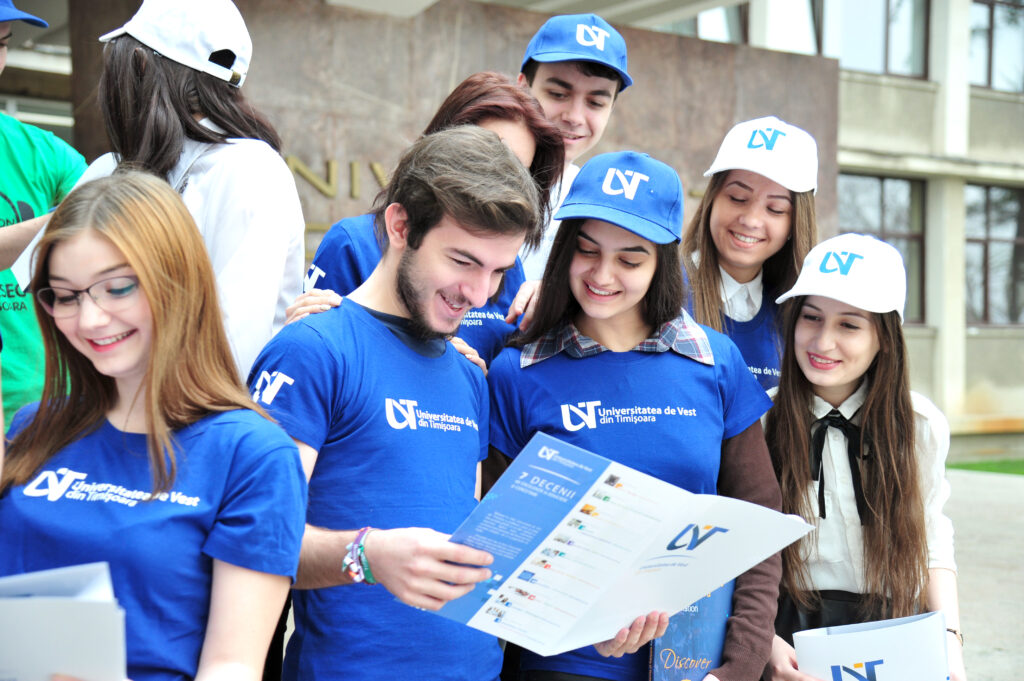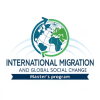Mission and vision of the program:
The objectives of the Master’s program include: understanding international migration processes, studying the causes and dynamics of migration at global and local levels; exploring the impact of migration from a transnational perspective, analyzing policies of inclusion and combating discrimination and racism; facilitating knowledge of international and European policies related to inclusion and guarantee of rights, as well as of legislation related to international protection and asylum. The program also aims to promote reflection on the media and political discourses on international migration and knowledge of the legal framework on human rights.

Brief history of the program:
The International Migration and Global Social Change Master’s degree program aims to make a significant contribution to the training of highly qualified specialists with a complex, comprehensive and inter-disciplinary understanding of international migration phenomena and their impact on societies in a global context. The program aims to train professionals who are able to analyze the causes, consequences and policies associated with migration and to contribute to the understanding of the social and cultural changes it generates. Such a program will approach international migration from different perspectives: sociological, political, economic, economic, legal, anthropological and cultural.
Program goals and objectives:
To train highly qualified professionals with a comprehensive, interdisciplinary understanding of international migration phenomena and their societal impacts globally. The program is aligned with the mission of the university to foster diversity, human rights, and social equity, preparing students for effective roles in public policy, inclusion, and innovative societal transformation.
Analyze the causes and consequences of migration globally and locally.
Examine the socio-economic and cultural effects of migration.
Study policies on inclusion, anti-discrimination, and human rights.
Explore international and European legislation on asylum and international protection.
Reflect on how migration is represented in media and politics.
Understand human rights legislation’s relevance in migration contexts.
Equip students to manage humanitarian crises and migration-related conflicts.
Train students for careers in international organizations (UN, IOM, etc.), public institutions, NGOs, and academia.
Encourage inclusive, equitable public policy solutions.
Foster critical and creative responses to demographic and cultural changes.


